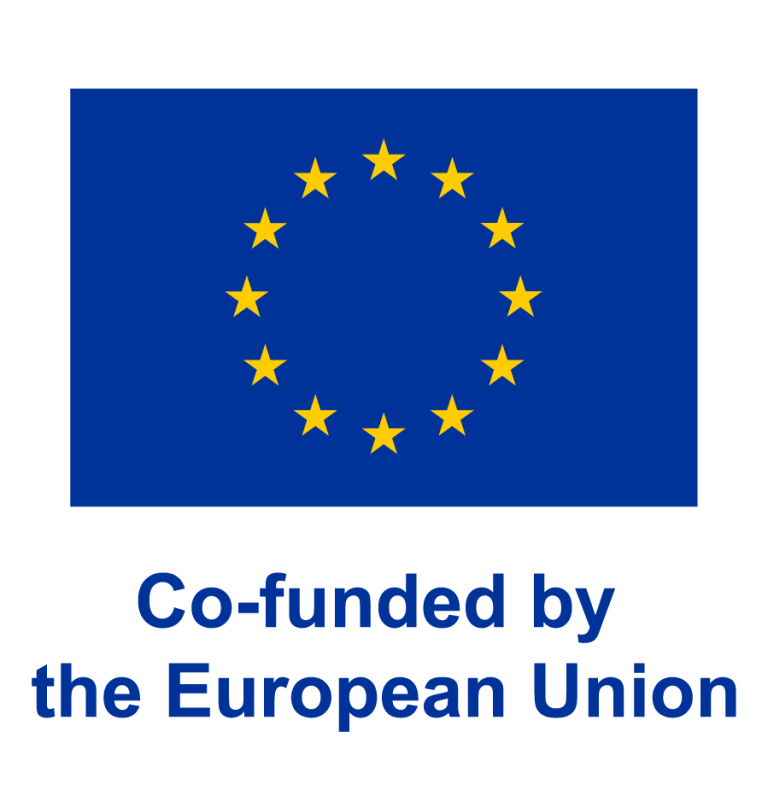The development of modern digital technologies and a global society means that information can be exchanged between the remotest parts of the world in less than a few minutes. This brings many benefits, but also drawbacks. Digital technologies are increasingly being used for malicious purposes, including fraud and the dissemination of false information. The possible consequences are many and include, for example, distrust of the media, undermining of democratic processes, generating support for harmful conspiracy theories and hate speech, and even the dissemination of compromised scientific data. This in turn has a serious negative impact on democratic processes and public debate.
Young people are most vulnerable to disinformation as they get their information (including news and events) mainly from online sources, including unreliable ones.
The COSTAID project focuses on raising young people’s awareness as a way to improve society’s resilience to misinformation. The initiative will provide teachers, trainers and youth leaders with tools to support the process of improving young people’s media literacy and developing the skills needed to cope with the challenges of today’s media environment.
The COSTAID project will develop a comprehensive strategy to combat the spread of fake news and conspiracy myths through the targeted use of digital technologies in education, training, youth and sport. The project will develop and implement new and more democracy-relevant approaches to teaching and learning.



Period of implementation:
Funded by:
The Erasmus+ Programme of the European Union
Key concepts:
- Raising the awareness of young people;
- Countering disinformation;
- Democracy and European values
Target groups and users:
- Teachers, trainers, educators;
- Youth advisors and counsellors;
- Social and youth workers
Project Outputs:
- Guidelines for tackling the spread of fake news and conspiracy myths
- Toolkit content and interactive online training course
- Interactive online platform
- Mobile App

